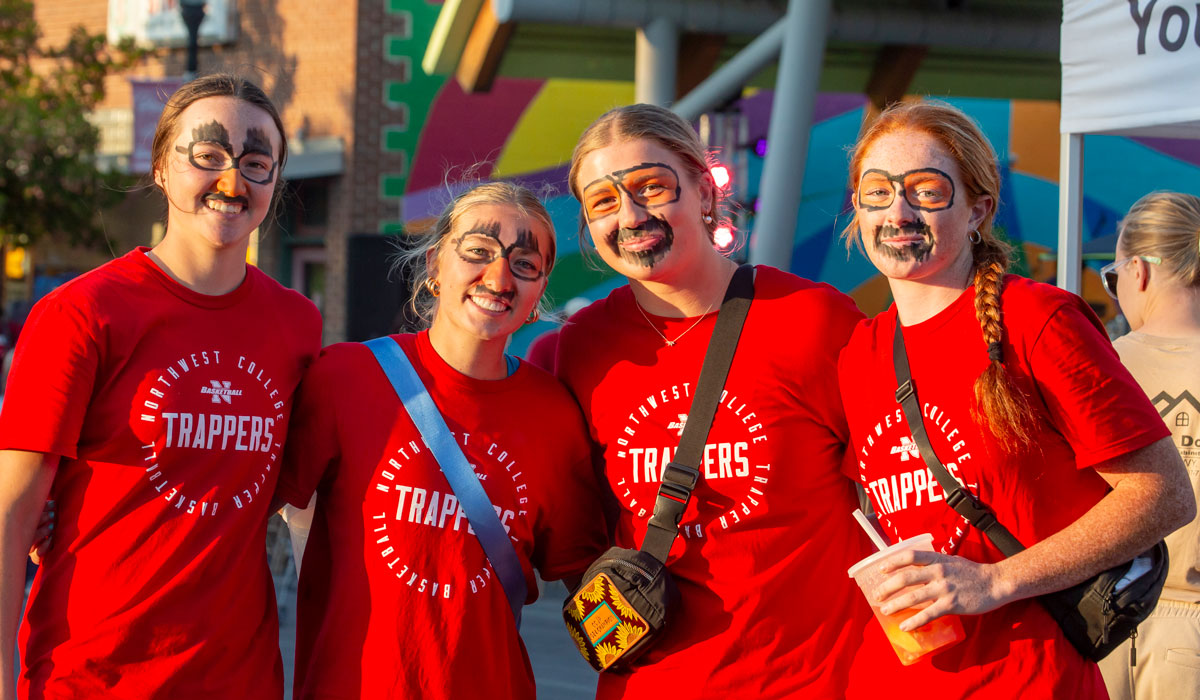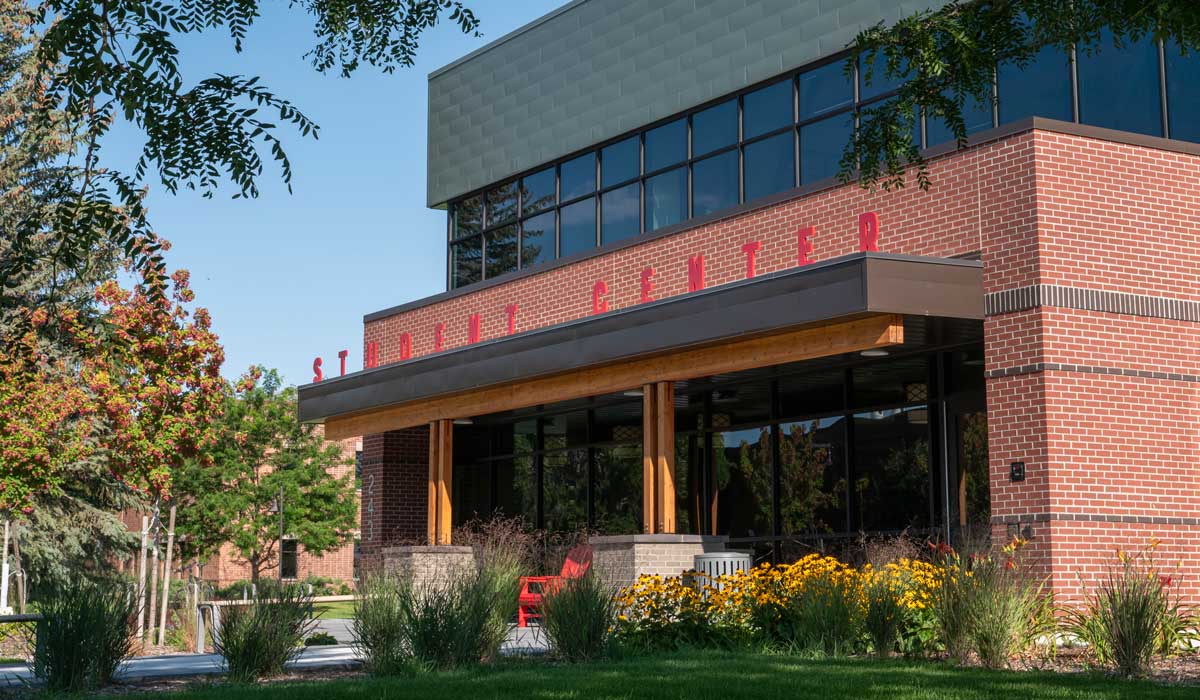- Start conversations about prevention and keep them going in your spheres of influence
- Share links to stories or videos on social media from local, state, or national organizations that educate on prevention & response
- Attend a Green Dot overview or training, or request one of these for your class, department training, or student organization/group
- Request Green Dot brochures or promotional items from Student Life to show your support for violence prevention, and help others learn more about this bystander intervention program
- Volunteer with a local organization that focuses on responding to power-based personal violence
- Teach others in your life that they deserve healthy relationships, and that normalizing unhealthy or abusive behaviors as “just something everyone experiences” or as a part of “tradition” is untrue
- Become knowledgeable about policies and laws that protect individuals who are impacted by power-based personal violence, such as Title IX and the Violence Against Women Act
- When the opportunity presents, commit to doing a research paper or class project on a topic of violence prevention
- If you are a part of a student organization or group, make violence prevention part of your philanthropy. Host fundraising, awareness and prevention events for a local organization
- Directly address harmful/predatory statements and behaviors that perpetuate acceptance of violence & abuse: for example, “what you said is not funny or accurate. Tell me more about why you think about violence & abuse this way. I want to understand your perspective, because I am concerned about how saying or believing these harmful things could impact you or others.”
- Check in with friends, roommates, classmates, etc. if you have any concerns about their safety. If they are open to connecting with resources, share information with them and offer ongoing support
- Make accountability part of your organizational and department standards. If a member or a colleague is threatening to harm others or actually does so, steward them towards the conduct process Harming others is of obvious concern that requires ongoing intervention from professionals. Keeping others and our campus safe is also an obligation and reputational standard that should be important to anyone
- Reframe conversations and statements around harm-reduction, so the responsibility lies with the person doing harm rather than on the person being harmed. For example, instead of putting responsibility on the person being harmed by saying something like “you put yourself at risk by drinking at that party” instead say “it’s a great concern that someone went out last night intending to spike drinks at the party. They obviously had no right to stalk and assault you. They are entirely at fault for what happened, and their predatory behavior has nothing to do with your decision to have gone out or had a drink.”
- If I suspect that my friend has been drugged, I seek professional help.
- If I saw someone who was intoxicated left behind by her/his friends, I would tell them to take her/him with them.
- If I suspect that my friend is in an abusive relationship, I ask her/him and provide information about resources available.
- If I suspect a friend has been sexually assaulted, I let her/him know I am here if they want to talk.
- If I hear someone yelling and fighting, I call 911.
- If I see someone spike another person’s drink, I stop them and call police or get someone else to.
- If I see a friend or stranger grab, push or insult another person, I say something, go get help or get someone else to.
- If I see a friend take an intoxicated person up the stairs, I stop and ask what is going on or create a distraction to interrupt the situation.
- If someone appears upset, I ask if they are okay.
- If I notice someone has a large bruise, I ask how they were hurt.
- I talk to my friends about consent, and how he or she should wait until their partner verbalizes his/her feelings.
- If I choose to leave a party early, I account for the people I came with.
- If I see two men dragging a woman into a room, I call for help and intervene.
- I will offer to watch my friends’ drinks when they leave the table.
- If I know or suspect that a friend is in an abusive relationship (physically, sexually, or emotionally), I tell them they can confide in me.
- I share statistics with my friends about power-based personal violence.
- If someone needs my help and I don’t have the answer, I tap my resources and find someone who does.
- If I hear that someone is in a bedroom “in training,” I call 911.
- I go investigate if I am awakened at night by someone calling for help.
- If I see someone at a party who has had too much to drink, I ask them if they need to be walked home so they can go to sleep.
- If a woman is being shoved or yelled at by a man, I ask her if she needs help.
- If a man is being shoved or harassed by others, I ask him if he needs help.
- If I hear what sounds like yelling and fighting through my dorm walls, I knock on the door to see if everything is ok.
- If I hear what sounds like yelling or fighting through my dorm or apartment walls, I talk with a resident advisor or someone else who can help.
- If I hear an acquaintance talking about forcing someone to have sex with them, I speak up against it and express concern for the person who was forced.
- I will say something to a person whose drink I saw spiked with a drug even if I didn’t know them.
- Grab someone else’s cup and pour their drink out if I saw that someone slipped something into it.
- Call a rape crisis center for help if a friend, acquaintance, or stranger told me they were sexually assaulted.
- Confront friends who make excuses for abusive behavior by others.
- Speak up if I hear someone say “s/he deserved to be raped.”
- I see a couple, whether I know them or not, in a heated argument. One’s fist is clenched and the partner looks upset. I ask if everything is ok.
- If I know information about an incident of sexual violence, I tell authorities what I know in case it is helpful







